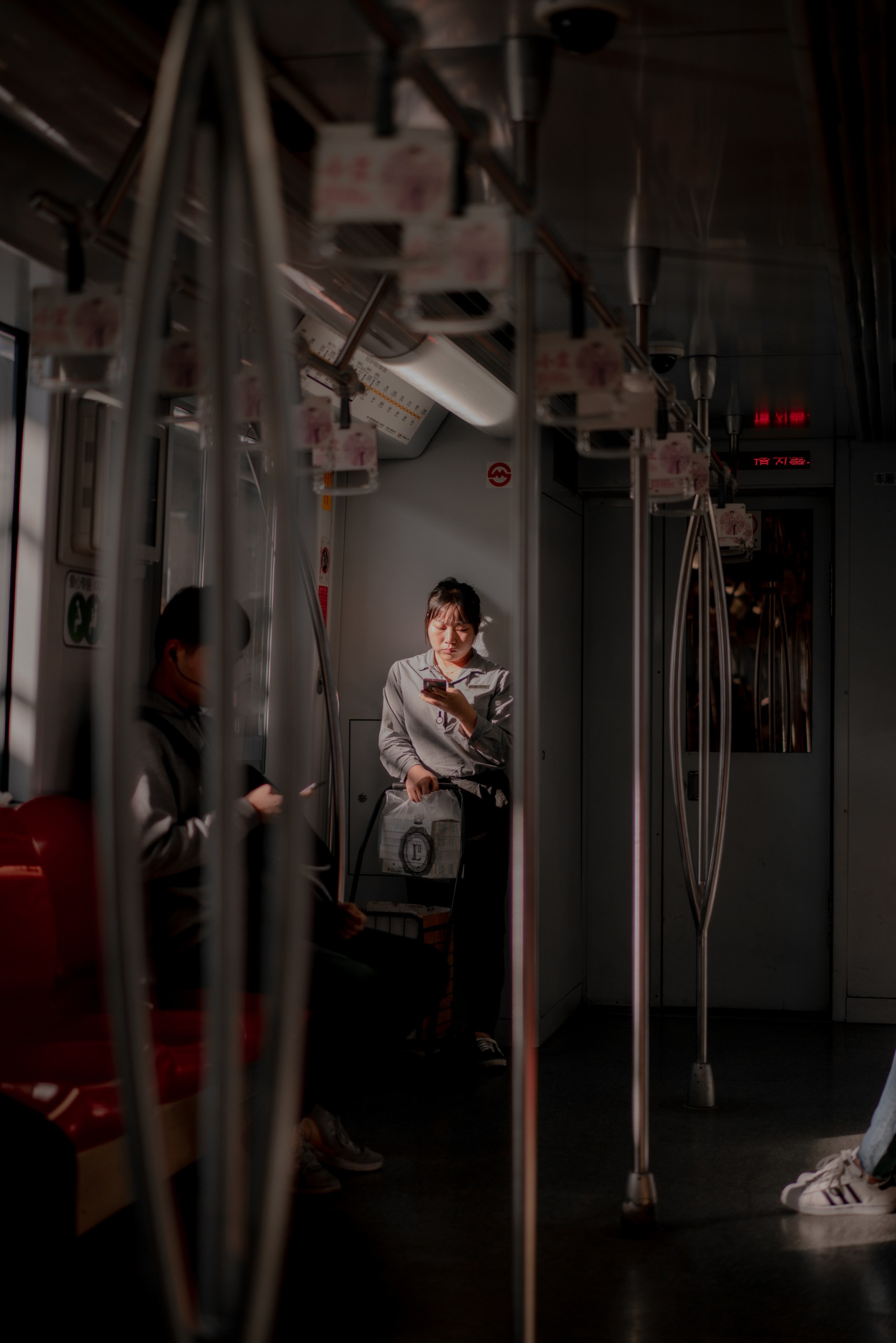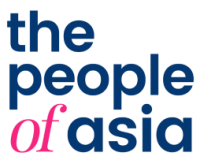Did you know that every 40 seconds, one person dies due to suicide? World Health Organization stated that there are at least 800,000 suicide cases around the world in 2016. While this massive number is highly concerning, unfortunately, not all countries provide adequate support and initiatives to decrease this staggering number.
In the lands of great diversity, Southeast Asia, the topic of mental health has been poorly addressed. Amid the economic pressure and social instability that we are currently facing, seeking professional help could be another form of struggle.
In Indonesia, the latest data from YouGov shows that 27% of Indonesians have experienced suicidal thoughts. Singapore, dubbed as one of the world's fastest-growing economies, experiencing a high suicide rate amongst the vulnerable group of senior citizens, as 10 in every 100,000 senior citizens between the ages of 60 and 64 committing suicide. Depression from being abandoned by their families stand as the trigger. Meanwhile, in Thailand, 6 suicide attempts happen every hour, according to Thailand's Mental Health Department.
These three countries are small examples of how the number of suicides cases among Southeast Asians are increasing day by day. In fact, there are still many 'invisible' and unreported cases of suicides in Cambodia, Myanmar, Malaysia, and the Philippines because a suicide act is considered an action against religious values in these countries.
Severe Shortage of Mental Health Workers
The silent burden of mental health among Southeast Asians societies is rising. Due to the lack of mental health professionals, most of the people in need of mental care left untreated. The delay in finding medical help is also caused by the lack of knowledge on how to get proper help since the procedure still seems somewhat exclusive to those who can afford it.
In Indonesia, mental health specialists are mainly located in big cities, and it brings another challenge for people in rural areas. As a result, most people with mental illness in inaccessible areas have improper treatment, and some even ended up being restrained at home by their families to prevent them from causing more problems to neighbouring society.
As shown in the table above, the highest number of psychiatrists available per 100,000 population in Southeast Asia falls in Singapore, with no more than 4 workers per population of 100,000 people, and this is still considered an excellent number compared to the rest of Southeast Asia countries with their underwhelming numbers for mental health workers. Aside from these dreary facts, the lack of funding and financial support from the government also plays a major role in this inadequate mental healthcare. The lack of access, workers' distribution, and knowledge of healthcare procedures are also important aspects that cannot be neglected.
Un-tabooing Mental Health
It is no longer a surprise that mental health issues are considered a taboo subject in Southeast Asia. They are associated with weakness, shame, and violation of religious and cultural values. In Islam, for example, suicide is seen as an unforgivable sin. Similarly, early Christians communities believe that committing suicide is a sinful act of blasphemy. Therefore, instead of reaching out to give proper mental care for people with mental disorders, people in Southeast Asia, especially the older generations, don't want to be associated with mentally ill people. The older generations would rather leave these 'sinners' alone in the corner — this act resulting in many people who have a mental illness, reluctant to talk about their problems.
The stigma surrounding mental health issues have also deeply rooted in traditional Asian values. Many of them, especially the older generations, think that mental illness is somewhat influenced by ghosts or evil spirits. Many of them are also still in certain beliefs that mental illness is a form of punishment from their early ancestors, shaming several generations of the family. This stigma has led most people to treat the mentally ill with improper care, such as practicing certain religious or cultural rituals on them with the hope that the spirits would go away.
The blanket of the stigma that envelopes mental health issues pushes people away from the help they need.
Aside from this lack of awareness, governments in the region also place mental health problems as the least prioritised issues, resulting in a shortage of mental health workers, as well as hindering the victims from getting the proper help.
While several metropolitan cities such as Jakarta or Singapore are no longer holding onto these traditional values, most people still act silent towards the issues. For many of the citizens, mental health problems are perceived as a symbol of weakness and fragility. With the rising competitions in their daily hustles, people are expected to be strong and capable of holding back their emotions. Confessing that you are having a mental health problem would be equivalent to admitting that you are 'crazy' or 'insane' — which is another form of discrediting yourself.
These dismissive attitudes and negative views on mental health are the main reason why the vast majority of people who are having mental health problems are not seeking help. This is why we need to normalise the topic of mental health in society by simply starting talking about it. Furthermore, we must change the way we talk about mental health and create an inclusive environment that provides a sanctuary for others. By changing our perceptions, we would be more understanding and compassionate to those who need help.After all, having mental illness does not define you as a person. You should never feel less as a person by getting the help you need. You are still a whole individual, regardless of your mental state. With that being said, if you feel the need for help, you can always reach out into many communities for assistance. There are Solemen Organisation in Bali, Into The Light with the scope of Indonesia region, MIASA in Malaysia region, SAMH in Singapore, and TPO Cambodia in Cambodia. By reaching out for help, you are giving credit to yourself for having the courage, as a part of growing as a person.





















